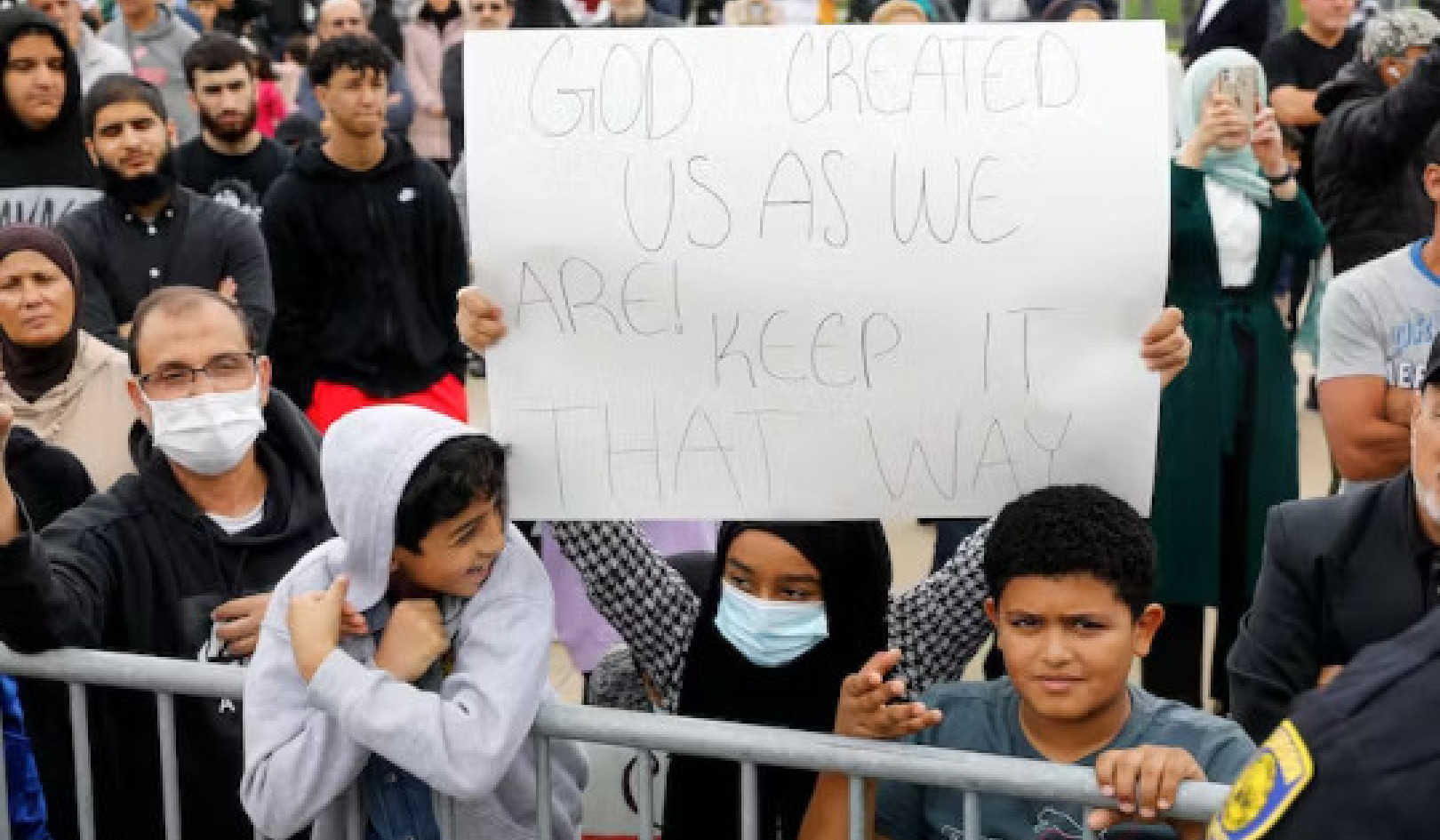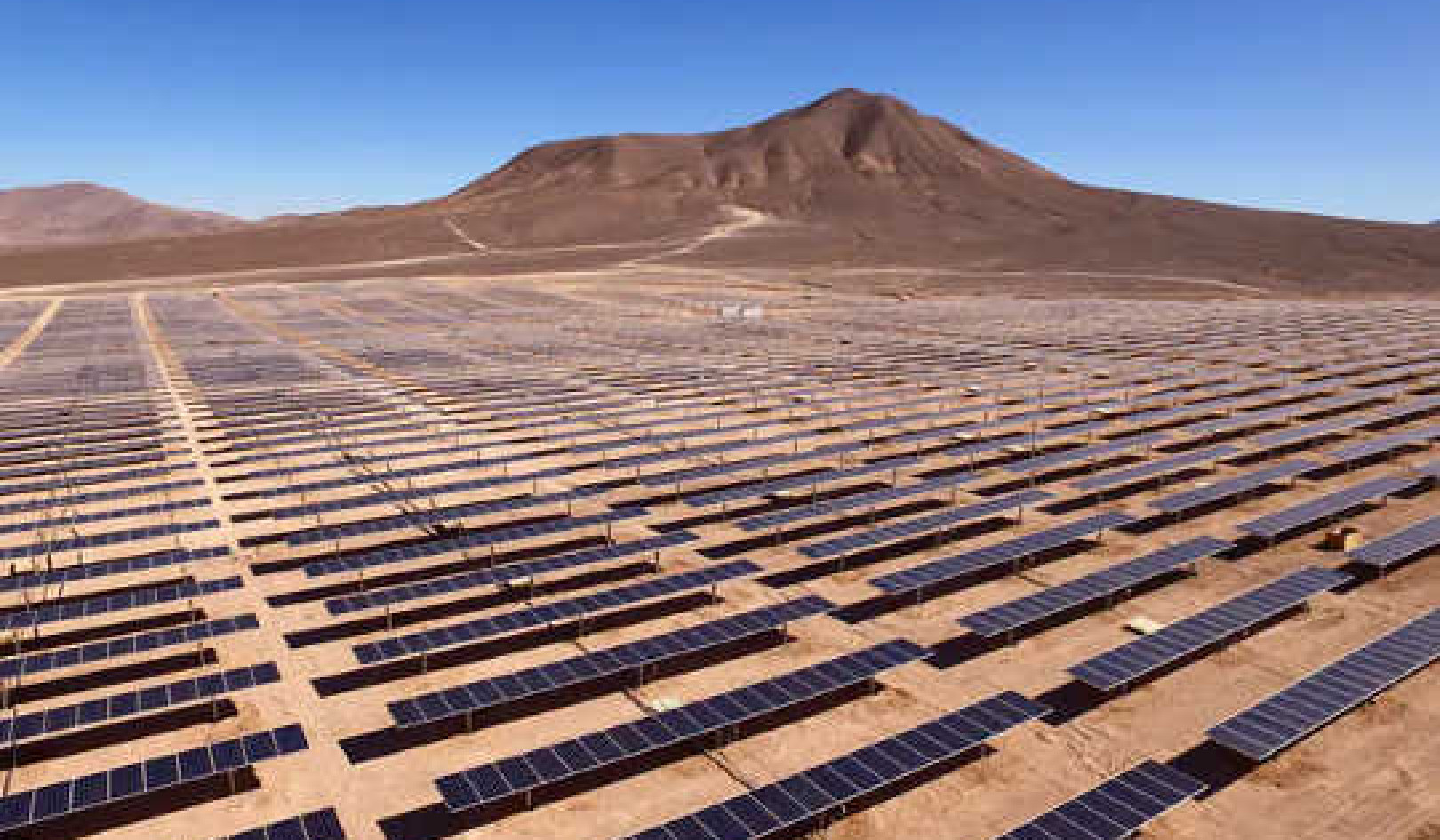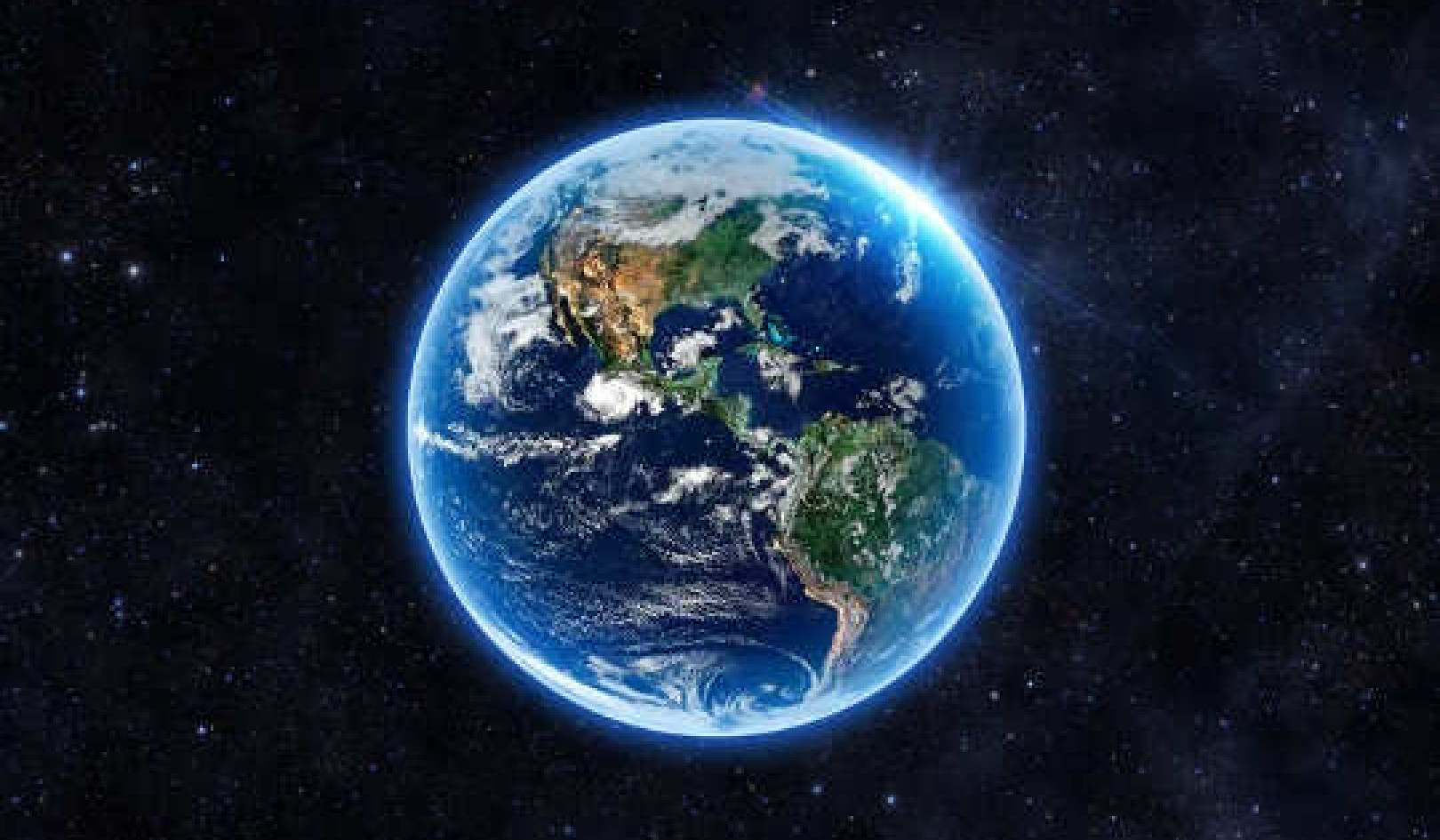
For years, Canada has been headed towards mediocrity at best and irrelevance at worst. Its GDP now ranks 10th in the world, having recently been overtaken by India and Brazil. And it’s only growing at about the same rate as the economies nipping at its heels – Australia, South Korea, Mexico – if not more slowly. The overwhelming majority of its trade is still with slowly growing Western countries.
Canada is now making moves to reclaim a political role in world, most notably with last week’s announcement to commit up to 600 troops to future UN Peacekeeping missions. It’s a welcome step in the right direction, since Canada presently ranks 73rd in its contributions to peacekeeping; just 79 Canadians are currently deployed on peacekeeping missions, whereas Ethiopia has more than 8,000 deployed.
The depth of Canada’s fall was on full display in 2010 when, for the first time ever, it failed in a bid for a seat on the UN Security Council, losing to Portugal. It signalled that the country’s hard-won reputation as a beacon of integrity and benevolence was over. As far as the world was concerned, it had become little more than what one journalist called a “rogue, reckless petrostate”.
The peacekeeping announcement is almost certainly aimed at countering this image. But the most important element in reversing the decline is a true diplomatic super-weapon: Justin Trudeau.
Winning again
Trudeau has won the world over as few global leaders ever manage to. It doesn’t matter that he’s done so partly on the back of his political pedigree, his impressive core strength, pithy explanations of quantum computing, or winning soundbites on diversity. What matters is that he’s turned the world’s heads in Canada’s direction, putting the country front and centre in the global pop-cultural zeitgeist.
Trudeau has the gift of grabbing attention in an era in which distraction reigns supreme. The use of celebrities in diplomacy is on the rise because unlike our unpopular leaders, they can still hold our gaze for more than a few seconds. Bono and Bob Geldof were pioneers in this game; the UN does it expertly with “Goodwill Ambassadors”, among them the likes of George Clooney, Angelina Jolie and Emma Watson.
We listen to these people when they speak about world affairs not because they’re experts, but because we’re attracted to them. And now Canada, on the brink of a terminal slide into global irrelevance, has someone comparable at the helm – and in the unusual position of wielding actual state power.
Political star power fades, though. Just ask Barack Obama. Sooner or later, the window of opportunity to capitalise on Trudeau’s celebrity will close. So how can Canada best take advantage of its sudden strategic advantage and reverse its long-term decline before the shine rubs off?
Some of the priorities are clear enough. It is the perfect time for Canada to breathe new life into efforts to strengthen ties with the Asia-Pacific region: the trip to the G20 summit has been parlayed into a full-on diplomatic push, and India’s prime minister, Narendra Modi, invited Trudeau to visit the subcontinent.
These trips, though, need to be more than just official visits if they’re to yield substantive, long-term benefits. They need to simultaneously be full-blown trade missions and refreshing charm offensives.
Conveniently, Canada has plenty of good ideas that it can dust off to make this happen. Its leaders should look back to the Team Canada Missions used in the 1990s – multi-sector PR missions led by the prime minister and comprising a cohort of leaders from all over the country.
Riding in the back of the Trudeau selfie-train should be a phalanx of leaders from every sector of Canadian life ready to ink new deals, forge economic partnerships, and project a national image that restores the country’s reputation.
These diplomats will have to work overtime to restore their country’s global position, but it’s hard to envisage a better warhead for a diplomatic missile than Trudeau. Before he’s even marked the first anniversary of his election, he faces the ultimate test of bringing back the Canada of old.
About The Author
![]() Tristen Naylor, Lecturer in Diplomatic Studies, University of Oxford
Tristen Naylor, Lecturer in Diplomatic Studies, University of Oxford
This article was originally published on The Conversation. Read the original article.
Related Books
at InnerSelf Market and Amazon
























